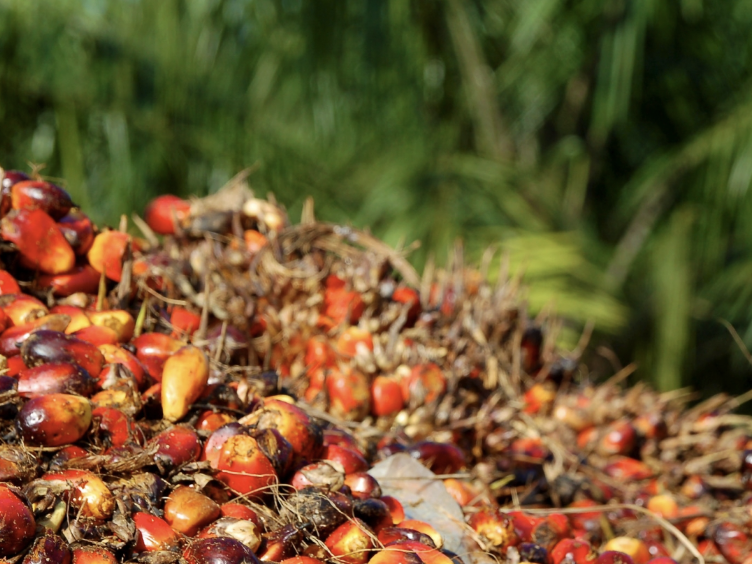
December 17, 2025
The Malaysian Palm Oil Board (MPOB) announced on its website on Wednesday that Malaysia has lowered the crude palm oil (CPO) reference…
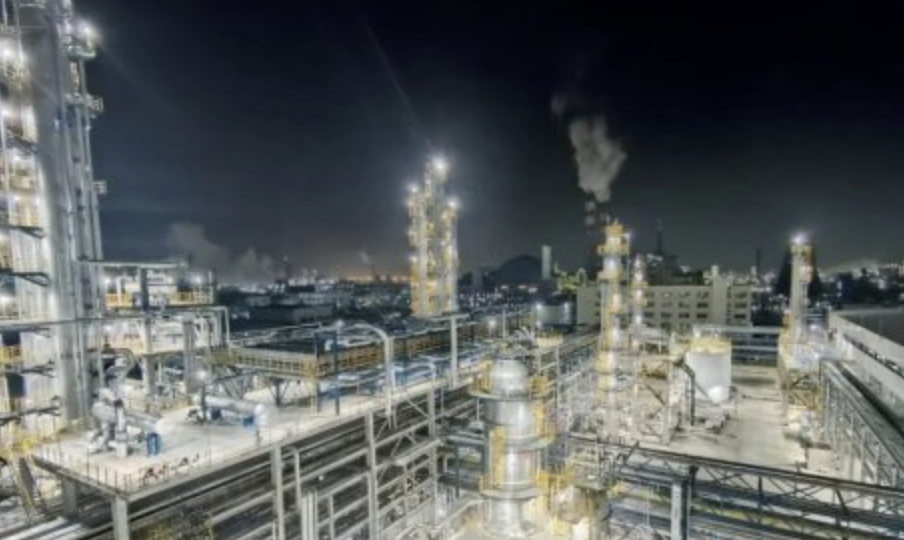
December 17, 2025
On December 15, Blue Whale Bioenergy (Zhejiang) Co., Ltd., invested by Wuchan Zhongda Chemical Group Co., Ltd., successfully started up its 500,000-tonne-per-year…

December 17, 2025
Odfjell has established a green shipping corridor between Brazil and Europe, enabling vessels to complete a 5,000-nautical-mile transatlantic route using certified B24…
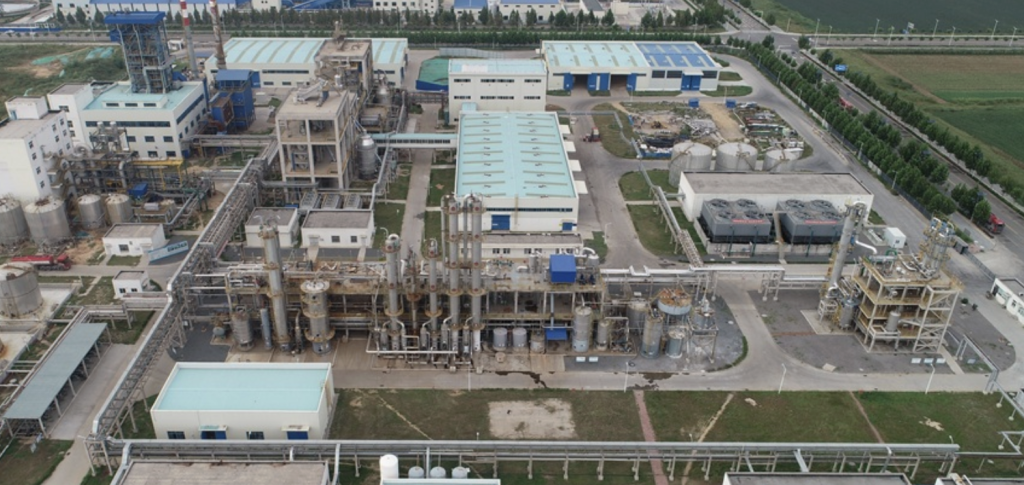
December 16, 2025
According to Hong Kong media reports on December 16, EcoCeres, an environmentally focused biofuels company incubated by Towngas (00003), announced that it…
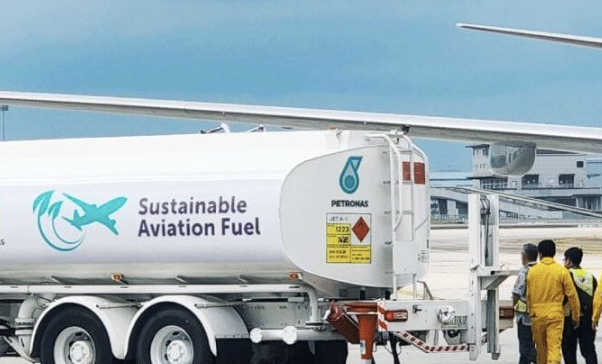
December 15, 2025
Malaysia announced on December 15 that it will accelerate and streamline approval processes related to Sustainable Aviation Fuel (SAF), including permits for…

December 14, 2025
Des Moines, Iowa — On December 9, 2025, a federal grand jury in Des Moines returned a nine-count indictment charging multiple individuals…
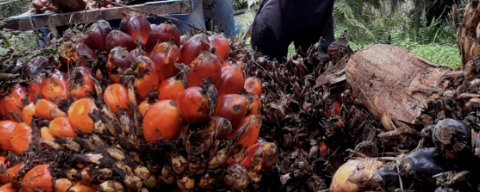
December 14, 2025
Crude palm oil (CPO) futures are expected to trend lower next week, mainly due to profit-taking pressure and elevated inventory levels. Market…
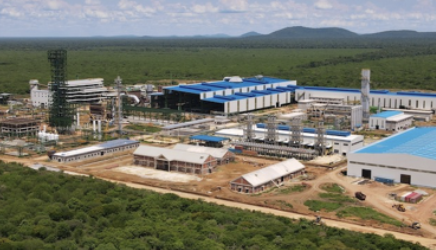
December 14, 2025
A solid waste treatment and industrialization plant located in the Lechuguillas area of Sucre is set to be officially launched this Thursday.…

December 14, 2025
The Trade Remedies Authority (TRA) has published a Statement of Essential Facts concerning imports of biodiesel from Indonesia. The transition review was…
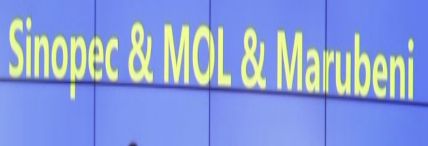
December 11, 2025
According to a Reuters report on December 11,Mitsui O.S.K. Lines (MOL), together with Sinopec and Marubeni Corporation, has signed a memorandum of…










